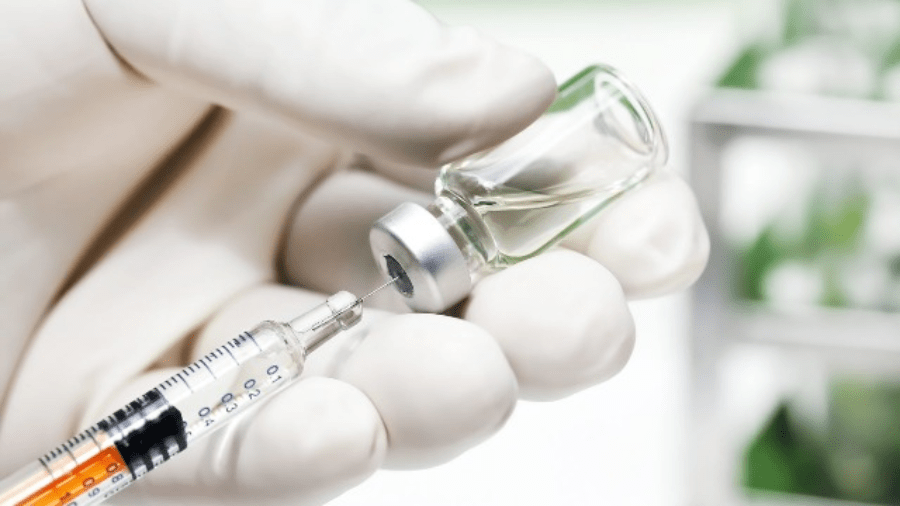Health
Oxford-AstraZeneca: COVID-19 trial vaccine generates immune response [Video]

WHAT YOU NEED TO KNOW:
- Clinical trials showed that the coronavirus vaccine developed by Oxford and AstraZeneca is safe and generated two “strong” immune responses, The Lancet medical journal published on Monday.
- The vaccine, created from a weakened form of a common cold virus called Adenovirus, was able to produce antibodies and T cells that kill virus cells.
- Clinical trials are still ongoing globally to determine whether the vaccine could protect humans from coronavirus infections.
According to an initial clinical trial published by the medical journal The Lancet on Monday, the University of Oxford and AstraZeneca developed a coronavirus vaccine that is safe and showed signs of inducing an immune response.
The vaccine generated two “strong” immune responses based on the trial findings ━ antibodies and T cells ━ that penetrate virus cells.
The medicine was created from Adenovirus, a weaker form of a common cold virus. It has been genetically modified to instruct the cells to make the coronavirus’ notorious spike protein. This supports the reasoning that if the vaccine could direct the human cells to produce protein, the human system could be able to acknowledge it and better protect against infection.
Director Adrian Hill of the Jenner Institute at Oxford University told NBC News: “We’re getting both sides of the immune system stimulated and that is fairly unusual for vaccines.”
The T cell response became visible within two weeks upon taking the vaccine. Its immune response was tracked for at least 56 days but still unclear how long would it last.
Hill said that the team is still aiming to finalize the vaccine before the year ends.
“A vaccine later this year is not impossible, a lot of things would have to go right for that to happen and to be deployed in 2020, but we’re still targeting that.”
Phase three of the clinical trials was still on-going in Brazil, South Africa, the UK, and will also start in the US and other parts of the world. It will determine whether the vaccine could shield humans from coronavirus infections.
“We want to look at the efficacy of the vaccine in different populations,” Hill said.
Initial studies showed that the vaccine had induced antibody production in six rhesus macaques. To assess the drug’s efficacy, these monkeys were tapped since the majority of their genes are similar to humans. According to the researchers, the vaccinated mammals did not develop pneumonia or other lung problems when they got exposed to the coronavirus.
The most common side effects of the vaccine were fatigue and headache, as revealed by the 1,077 adult research participants.
Source: AOL.com
